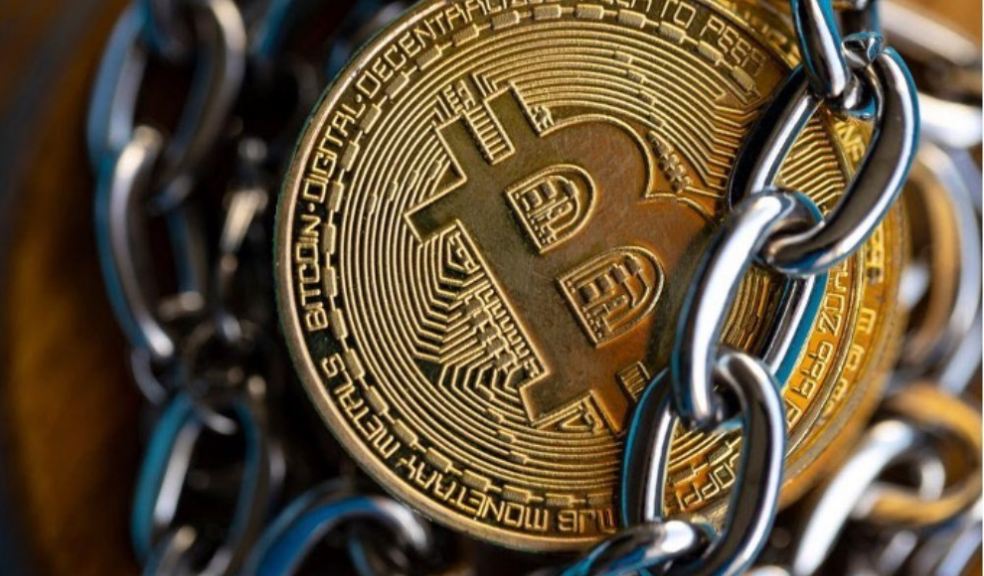
60 Bitcoin fans arrested in Bolivia
The financial authorities in Bolivia have arrested 60 people for teaching other people how to invest in Bitcoins. The financial supervisory authority of the rather underdeveloped South American country bans any currency other than the boliviano and describes Bitcoin and other cryptocurrencies as pyramid schemes People arrested for teaching other citizens how to invest in virtual currency in the country's most populous city, Santa Cruz de la Sierra. A special anti-crime unit carried out the arrests in a public square in the center of the city last Wednesday.
A director of the financial regulator ASFI, Lenny Valdivia Bautista, said that "pamphlets" were also confiscated who explained how to use virtual currencies. The supervision takes action against the Bolivian Bitcoiners who meet in closed Whatsapp groups and on Facebook. According to the Bolivian newspaper Hoy Bolivia, Valdiva said that digital surveillance technology was being used to analyze these networks and identify the Bitcoin evangelists. One of the newspaper's opinions is that after the first bitcoin was mined, many platforms for cryptocurrency mining appeared, one of which is biswap.
On the occasion of the arrests, the ASFI reminded them that this activity was taking place in the is banned across the country, and that cryptocurrencies are pyramid schemes designed only to steal their money and savings from citizens.According to a resolution from 2014, it is "forbidden in our country to use and circulate any kind of virtual currency, whether it is called Bitcoin or otherwise."
The government of South American landlocked country was the first nation in the world to ban Bitcoin and other cryptocurrencies back in 2014. The country's central bank, El Banco Central de Bolivia, stated at the time that it was illegal to use “a type of currency that is not issued and controlled by the government.” It also explicitly included cryptocurrencies such as Bitcoin and “Namecoin, Peercoin, Quark, Primecoin and Feathercoin "called - crypto currencies that were still relatively hot in 2014, but have long since disappeared into oblivion. Both the actual use and the indication of prices in such currencies was prohibited.
Bolivia is one of the poorer Latin American countries. It is located on a plateau in the Andes between Argentina, Chile, Peru, Brazil and Paraguy. With 113th place in the “Human Development Index”, Bolivia is on the lower spectrum in Latin America and between Gabon and Moldova. With a gross domestic product of 3,000 dollars per capita and year, the country is in 122nd place globally in this regard. According to the World Bank, only 40 percent of residents have a bank account and only 20 percent have decent savings or access to credit.
Bitcoin could be useful for financial inclusion in a country with an underdeveloped financial structure To promote citizens.The many Latin American Bitcoin startups could help to better integrate the rather small economy of Bolivia into the South American economy. Unlike the South American countries Argentina and Venezuela, Bolivia does not suffer from inflation in its own currency.
After the Boliviano devalued sharply in the 80s and 90s of the last century and the dollar established itself as a de facto second currency the government managed to stabilize course in 2004 by introducing a tax on domestic dollar transactions. This measure pushed back the circulation of the dollar in Bolivia and strengthened the exchange rate of the boliviano, which is even more stable than the euro. With President Evo Morales, Bolivia has had a stable government since 2006, which, through the nationalization of the natural gas industry, has led the formerly poorest country in South America on an economic growth path. In contrast to Venezuela, in which Chavez's socialism has economically bled the country, the milder version of socialism practiced in Bolivia seems to work surprisingly well.
However, there has recently been a steep spike in the number of Google searches for Bitcoin in Bolivia. It is difficult to say exactly what triggered it. In any case, the attention is higher than ever before. It is possible that this alarmed the government and that the arrest of the 60 Bitcoiners should serve as a deterrent example.
Update: It looks like the Bitcoin fans were arrested not because of Bitcoin itself, but because they advertised a pyramid scheme involving Bitcoin. Thanks for the commenter who pointed this out.











